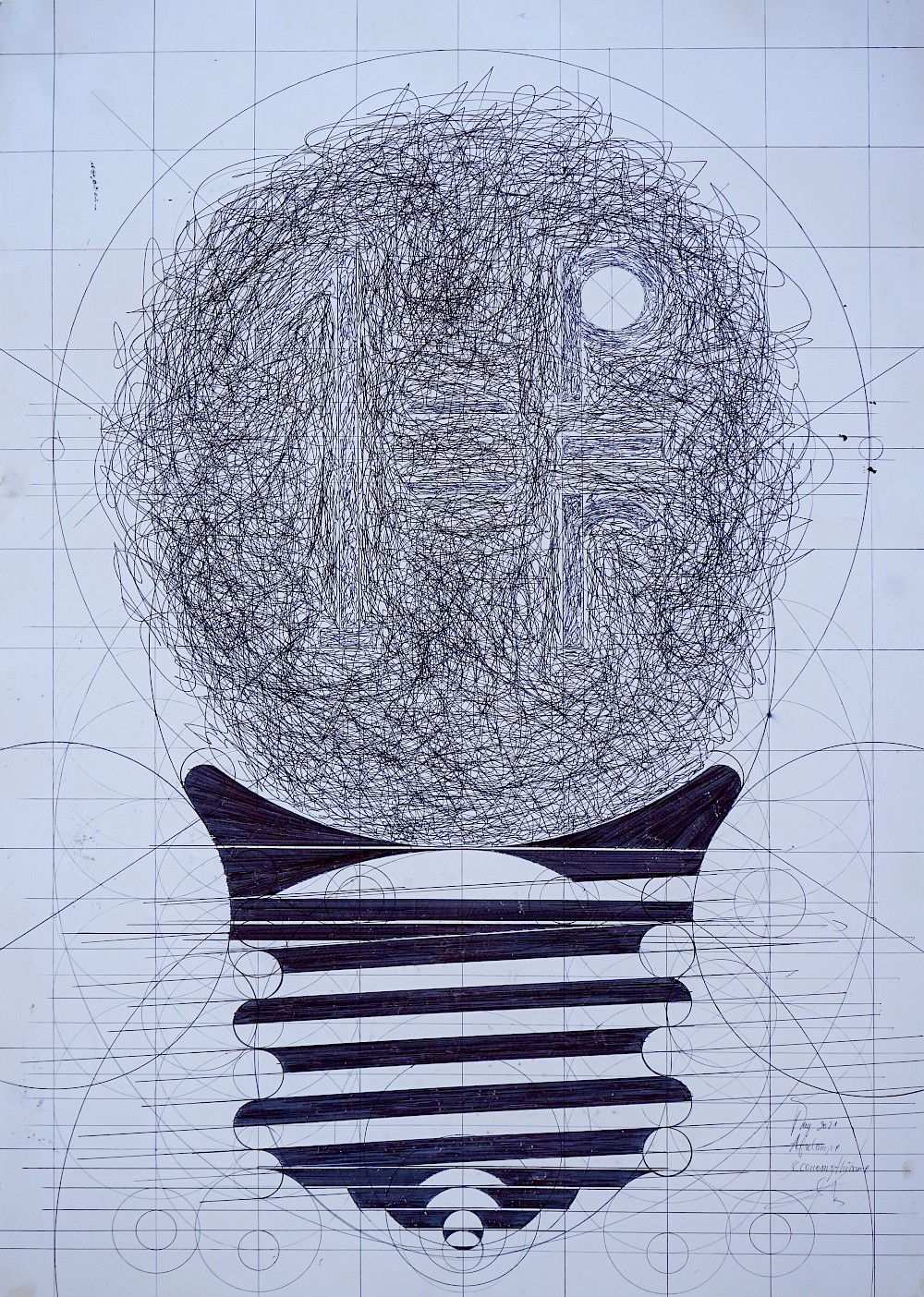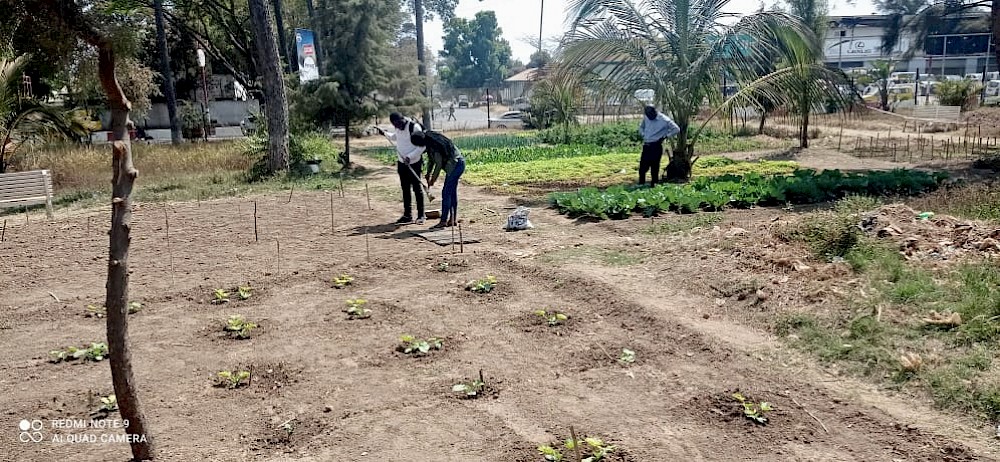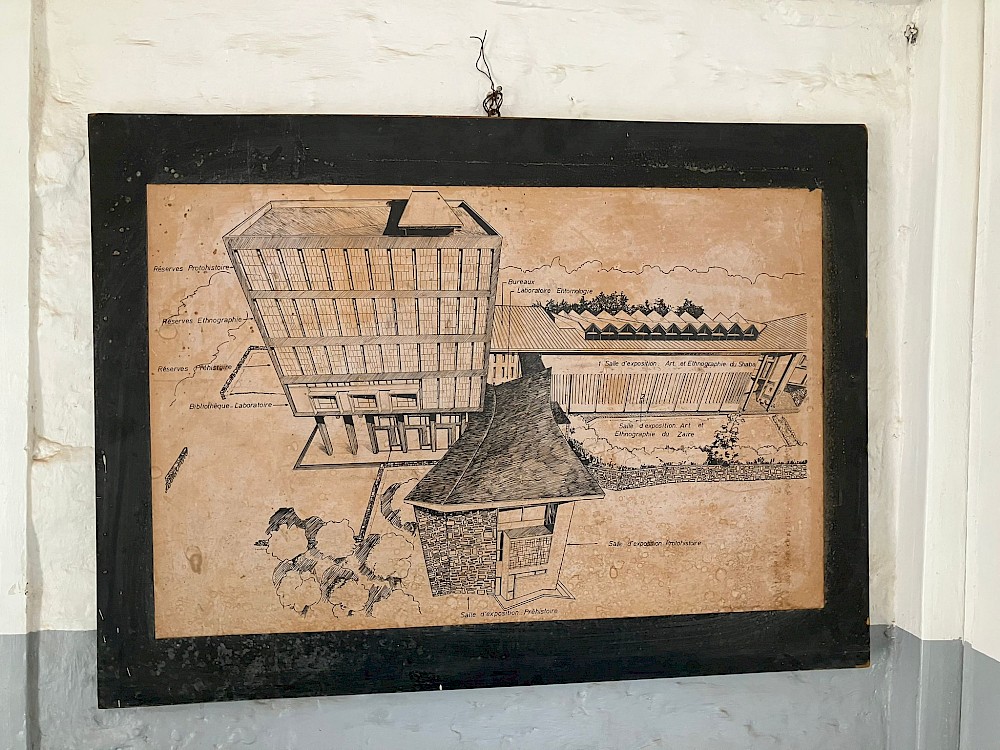The Discursive Program
Curated by Alexandre Mulongo Finkelstein, Filip De Boeck, Lotte Arndt, Lucrezia Cippitelli, Mpho Matsipa, Sanne Fleur Sinnige and the artists of the Biennale.
The discursive program “Les palabres de la Biennale” proposes meetings and exchanges around the broad issues of the 7th edition of the Biennale of Lubumbashi.
First, a thematic approach, proposed by Picha: a focus on toxicity, both in its urban dimensions and as an effect of extractivism.
"With this title composed of two concepts, that of "toxic" and that of "city" or "town," the Lubumbashi Biennial plans to reflect on the link between contemporary life in the postcolonial urban setting of Lubumbashi and more broadly in the global South, and the impact of the industrial, economic, ecological, social, and cultural processes that have historically contributed to the shape of urbanity in this part of the world and elsewhere." Filip de Boeck, Collectif PICHA
Then, an attention to the shaping of the biennial itself: the decentralized, horizontal, and collaborative curatorial design, the long-term commitments of the Picha association that initiated the Biennial, and the ongoing development of the Ateliers Picha over time.
Conceived as a series of podcasts that link multiple geographies and struggles to the realities of Lubumbashi, the discursive program bring together artists, theorists, activists and researchers who question the destruction caused by colonization and global capitalism. The discursive program also listen to the resistances and inventions of lives that are built in the debris of modernity, by artists and more broadly in society.
Podcast jingle 'Tambokenu' by artist Higelin Mutomb, voice: Gloria Mpanga.
The Discursive Program is supported by the Africa Museum (Tervuren), Katholieke Universiteit Leuven and produced in collaboration with Bruxelles Appartient à Nous (BNA BBOT).


